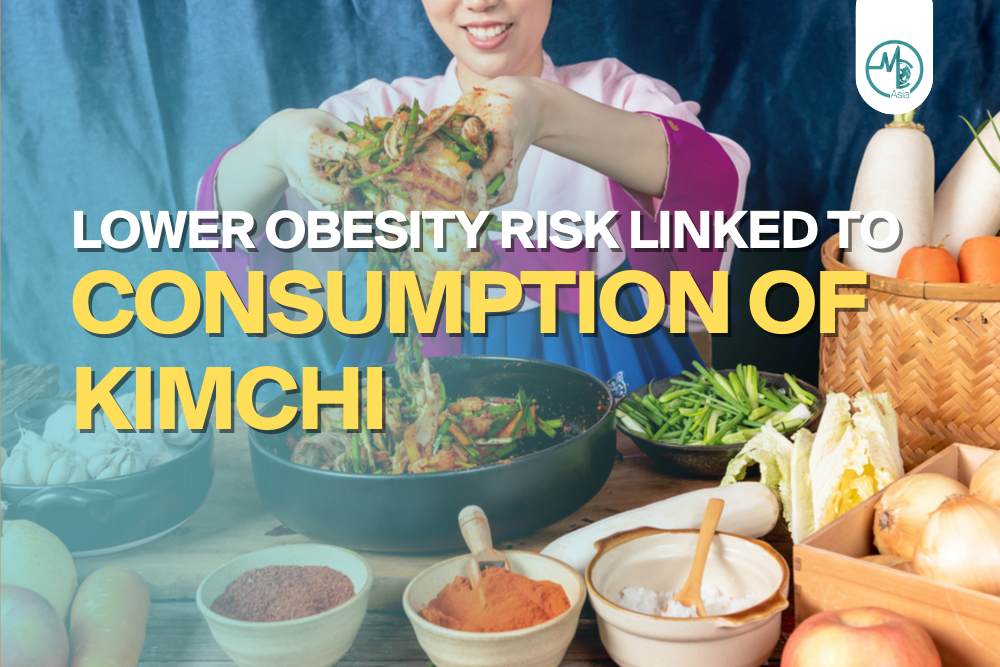A groundbreaking study funded by the Korean government-backed World Institute of Kimchi has revealed that consuming up to three servings of kimchi daily may significantly lower the risk of obesity in men.
Radish kimchi intake was found to be associated with a reduced prevalence of abdominal obesity in both genders. Published in BMJ Open, this research offers new insights into the health benefits of the traditional Korean fermented vegetable dish.
The Power of Fermented Vegetables
Kimchi is a staple in Korean cuisine made of cabbage and radish. It is celebrated for its low-calorie content and high levels of dietary fibre, vitamins, polyphenols, and probiotics. These components contribute to kimchi’s potential anti-obesity effects, previously highlighted in experimental studies focusing on Lactobacillus strains derived from kimchi.
Investigating Kimchi’s Health Impacts
The study utilised data from 115,726 participants enrolled in the Health Examinees (HEXA) study. The study is a component of the larger Korean Genome and Epidemiology Study. It is aimed at exploring the risk factors for chronic diseases among adults over 40 in Korea. Researchers assessed the participants’ dietary intake through a food frequency questionnaire, including their consumption of various types of kimchi. They analysed the relationship between kimchi intake, body mass index (BMI), and waist circumference.
Key Findings
The analysis yielded a J-shaped curve relationship between kimchi consumption and obesity risk, suggesting that moderate intake is beneficial. In contrast, excessive consumption could lead to adverse effects. This is likely due to the high salt content or increased overall food intake. Specifically, up to three servings of kimchi per day were associated with an 11% lower prevalence of obesity compared to consuming less than one serving daily.
For men, consuming three or more daily servings of baechu (cabbage) kimchi was linked to a 10% lower prevalence of both overall and abdominal obesity. Women saw an 8% reduction in obesity risk with 2-3 daily servings of the same kimchi type. Meanwhile, 1-2 servings per day were associated with a 6% lower risk of abdominal obesity.
Moreover, consuming below-average amounts of kkakdugi (radish) kimchi was correlated with roughly a 9% lower prevalence of obesity in both sexes. For men and women, consuming 25g/day and 11g/day, respectively, of kkakdugi was associated with an 8-11% lower risk of abdominal obesity.
Considerations and Recommendations
While the study’s findings are promising, the researchers acknowledge limitations. These include the reliance on self-reported dietary intakes and the potential lack of generalizability to other populations. They also caution against excessive kimchi consumption due to its high sodium content. Instead, they recommend moderation consumption to balance the health benefits against potential risks.
Conclusion
This study highlights the potential of traditional fermented foods like kimchi in contributing to a healthier diet and reducing obesity risk. By embracing moderate consumption of kimchi, individuals can enjoy the myriad health benefits it offers, including potentially lower risks of obesity and abdominal obesity. As the global community continues to explore functional foods for health promotion, kimchi stands out as a culturally rich and scientifically supported option.














